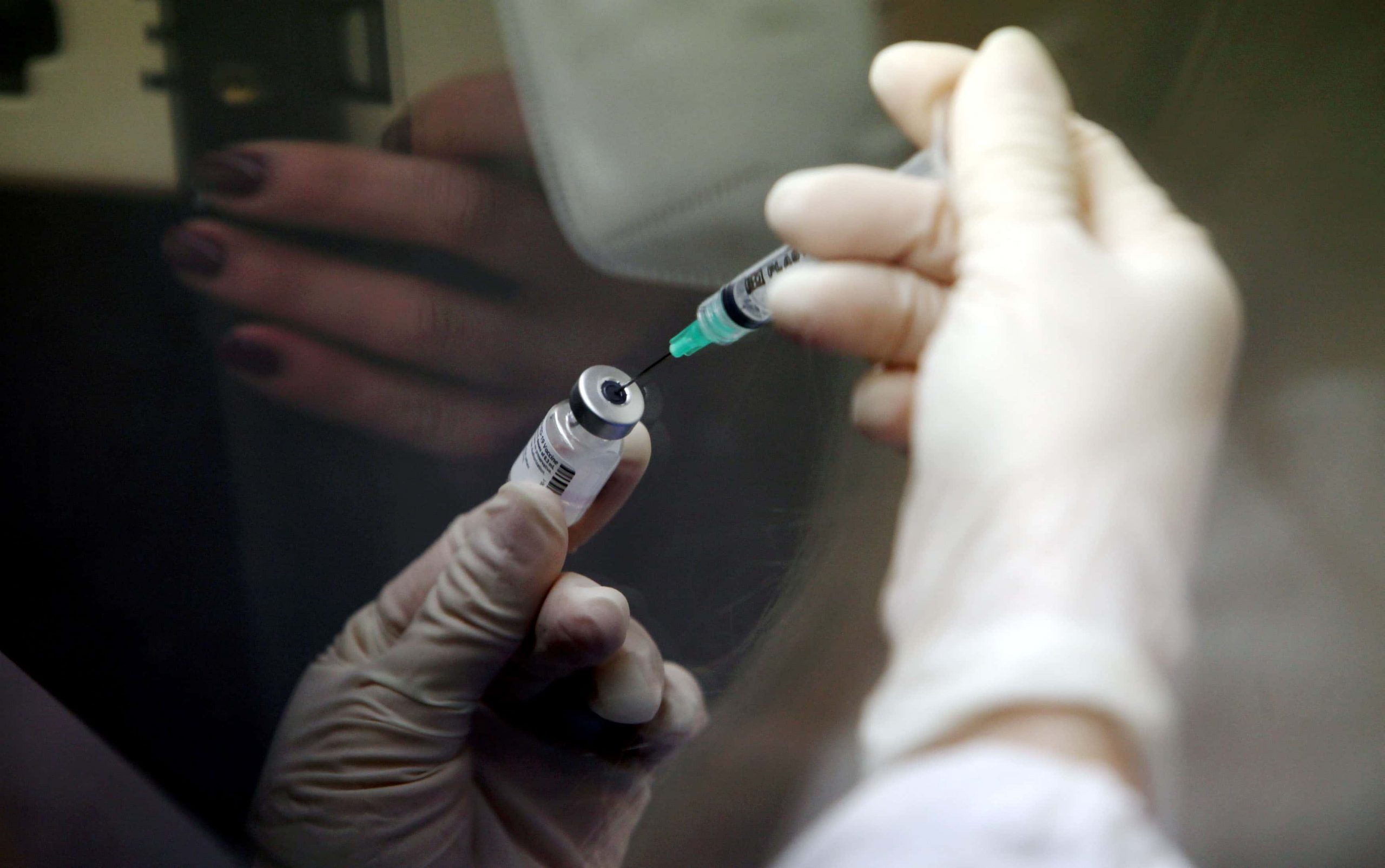Vaccine Diplomacy in the Mediterranean. Irene Warning

The path organized by Operation Irini in light of “ShadeMed” reaches its fifth appointment. Fabio Agostini, Moritz Rudolph, Roy Jelinek and Olivier Bailly, under the direction of Flavia Giacopi, addressed the critical issues related to the use of “vaccine diplomacy”, between solidarity and geopolitical interests.
“The Mediterranean is the seat of various humanitarian, security and development challenges that insist on vulnerable populations: Covid has compounded the effects of these regional challenges.” So is the EuNavFor-Med Irini Commander, Major General Fabio AgostiniOn Wednesday, the work of the fifth discussion opened on the way to the “Shade Med 2021” conference dedicated to the use of so-called “health diplomacy and vaccines” in the Mediterranean region, jointly organized with La Sapienza University in Rome and directed by the Director ants e AirpressAnd the Flavia Giacobbi. “Covid’s effects are also visible on military operations, energy supplies, maritime trade and the economy,” Agostini added.
VIA DEL VACCINO in Beijing
“Already in the first documents of China’s Belt and Road Initiative (BRI) 2015, there were references to health cooperation as one of the main topics; when Covid arrived, China simply used the mechanisms of the Belt and Road Initiative to advance its health diplomatic agenda.” this is how it describes Moritz Rudolph, a researcher at the German Institute for International and Security Affairs, explored China’s early use of health diplomacy, exploiting the web of economic and, above all, geopolitical relations established through the “New Silk Roads”. In particular, Beijing has rapidly leveraged relationships with Belt and Road Initiative partners to turn the global narrative around COVID on its head, transforming itself from being the country of origin of the virus to being the main beneficiary in return, while delivering health materials and widely disseminated vaccines by local authorities. . and Chinese media.
The advantage of Russia and China
Also of the same opinion Roy Jelink, a researcher at the Begin-Sadat Center for Strategic Studies and a researcher at the Middle East Institute: “Almost immediately, China began to use health diplomacy, to become the root of the epidemic, and the origin of the solution.” According to the researcher, Beijing used all its soft power to overturn the “Chinese virus” narrative put forward by then-President of the United States, Donald Trump. “China has worked hard to achieve a better number than the United States.” For Jelinik, the United States and European countries were late in communicating their successes against the virus, having focused first on the home front; On the other hand, China and Russia immediately turned to their partners to strengthen their position on the world stage.
European response
“Europe is preparing to reach the target of 70% vaccination by the middle or end of July, with a similar situation in all EU member states.” This was noted by the Chair of the Vaccine Strategy Task Force of the European Union Foreign Service, Oliver BaileyAnd emphasizing how the Union’s successes in addressing the epidemic crisis achieve the desired results. Moreover, thanks to the vaccination campaign advancing at full capacity, Europe and the West have been able to provide a huge amount of vaccines and resources to countries in difficulty. “There is also a profound difference between Russia and China, with Moscow delivering less than 5% of what was promised, compared to 40% provided by Beijing,” Bailey added, also concluding by reminding: “Although Russian and Chinese vaccines are cheaper than Western countries, the The financial constraints linking user countries, particularly China, are high.”

Communicator. Reader. Hipster-friendly introvert. General zombie specialist. Tv trailblazer






